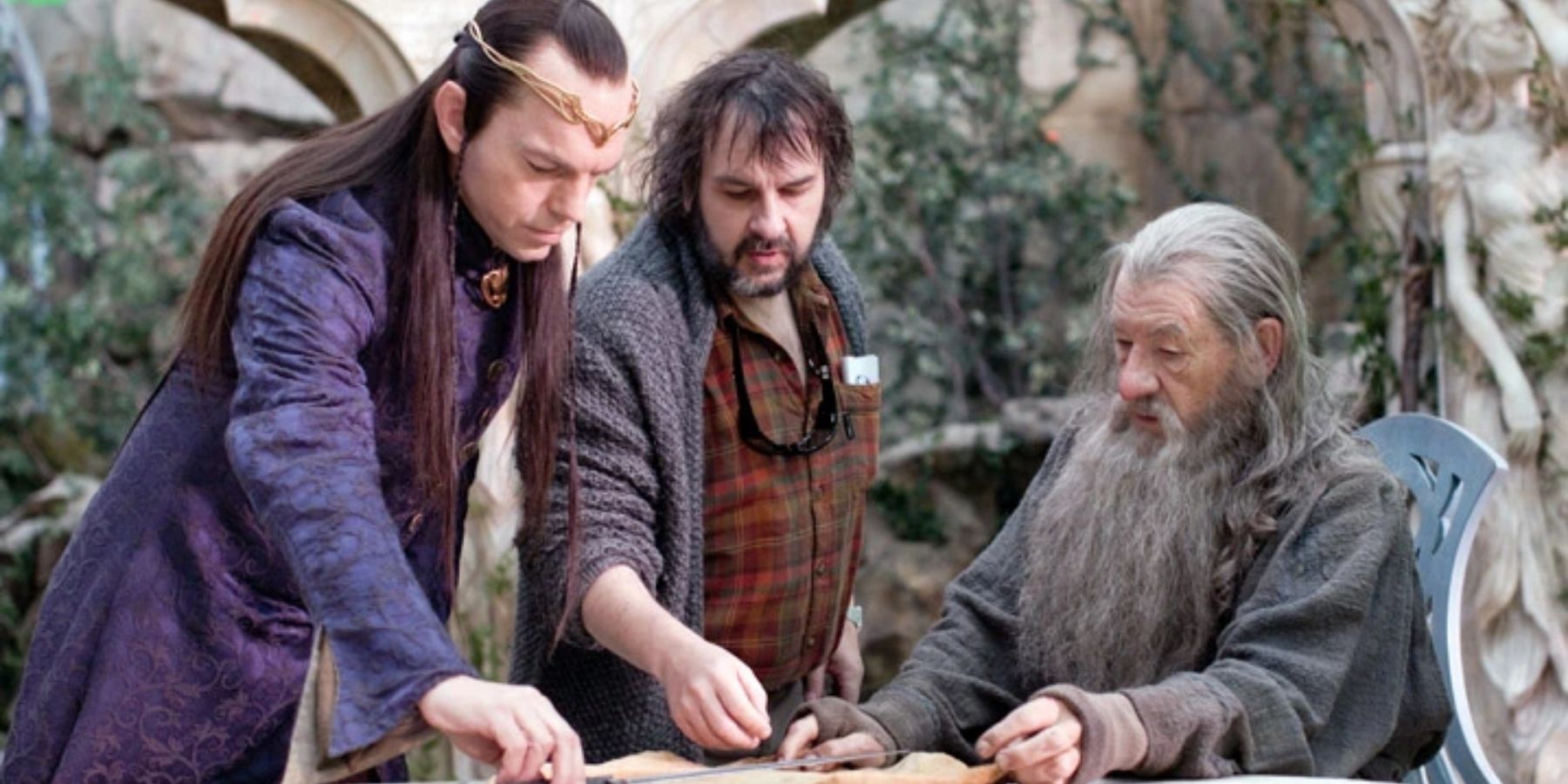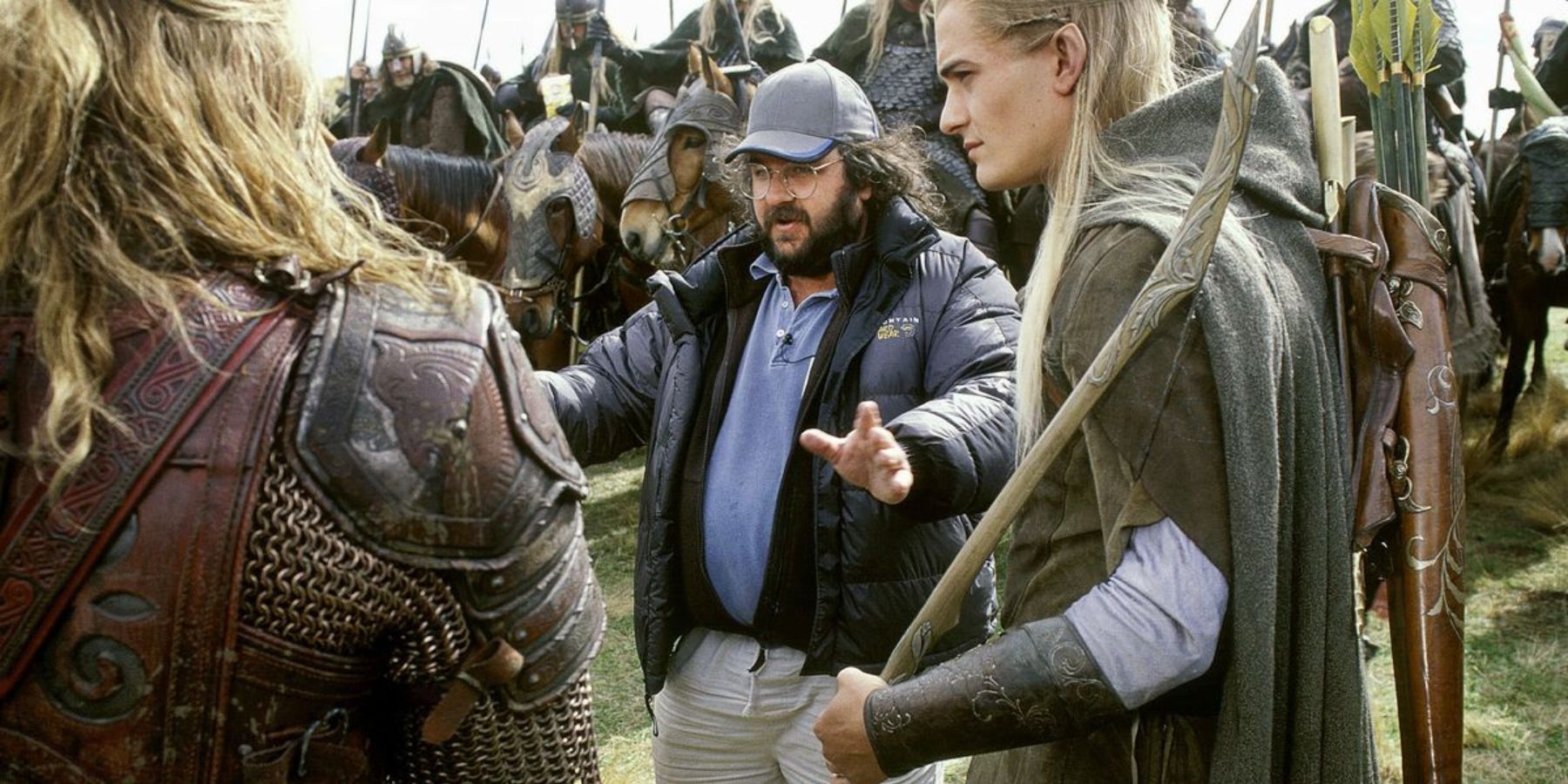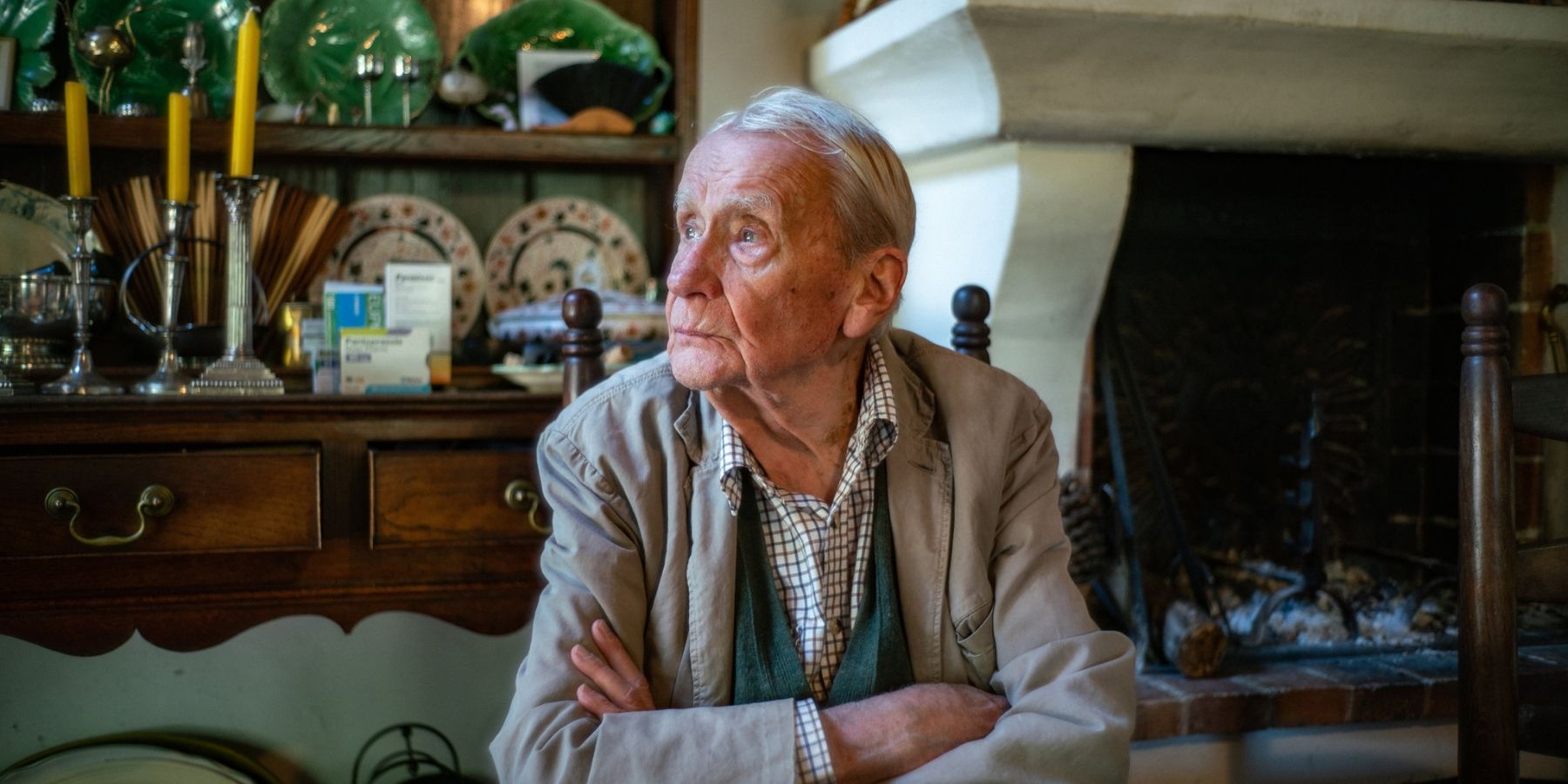There has long been a disparity between the fans of the Lord of the Rings books, and the fans of Peter Jackson’s movie adaptation of the trilogy. This contention has become all the more prevalent with the recent Rings of Power trailers. These snapshots of the upcoming show have caused many fans of Tolkien’s original writings to speak out against the high-budget Amazon TV Series, suggesting that it deviates too far from the traditional writers vision.
But this discord has existed long before the films were made, and goes much deeper than just the fans, it goes as far as Christopher Tolkien himself, J.R.R’s son. Back when the Lord of the Rings movies first started production of the films, it is said that Peter Jackson asked to meet with the Tolkien estate in person. Perhaps the intent was to pay homage and respects to the author and his works; perhaps it was to discuss the creation of the films and how best to translate them to the big screens. However, the meeting never took place.
Christopher Tolkien refused to meet with Peter Jackson, and made it very clear that he did not condone the movies being made. He, above all else, had very strong opinions about what the story should and should not be, namely because The Hobbit was written for him and his brothers as children, and because he had spent the better part of a decade compiling his father’s other works to publish in volumes such as The Silmarillion and Unfinished Tales. More than anyone else, he really did know the content and the style inside out. And unfortunately, once he had been this close to his father’s writing, there was no way someone else was ever going to be able to do it justice. Not even Jackson, who grew up on Tolkien’s stories and dreamed of turning them into a movie ever since he was a child.
But for Christopher Tolkien, his deep despair at the movies being made stemmed from a far deeper place than just feeling like the films wouldn’t be good enough to convey the mastery that his father had spent his entire life intricately building. The biggest problem that Christopher found was with the medium of modern television in general. He believed that a visual, on-screen representation of the narrative could never convey the nuanced philosophy, beautifully crafted language, and spiritual themes of the written work — and to some extent at least, he was correct.
Before the Peter Jackson movie trilogy came out, the Lord of the Rings was believed to be an ‘un-filmable book’ because of the way that the story was split into two chunks, running simultaneously with one another in terms of chronology, but with very little interaction between the two. Jackson himself admits that this was a huge challenge that he faced when directing the films, and that he had to make some crucial changes to the storyline to make it fit together within the movies. This is where many fan criticisms come in, such as Peter Jackson adding in the scene where Gollum chucks the lembas bread off the cliff, as well as taking out scenes like Tom Bombadill’s house. Essentially, for the books to work as a major motion picture, they had to have more emphasis on the action, rather than on the lore and the lineages that J.R.R. Tolkien had woven so meticulously throughout his incredibly in-depth works.
But Christopher Tolkien thought that this was a monstrous injustice to his father’s skill and craft, and that it cheapened his father’s achievements in order to fit in with popular culture. In some ways, Jackson took the emphasis away from the people and their relationships, and put it onto the wars and the darkness instead, although it’s easy to argue that he included a large proportion of both in his films. Nevertheless, Christopher stated:
“Such commercialization has reduced the esthetic and philosophical impact of this creation to nothing. There is only one solution for me: turning my head away.”
Another part of the problem was Peter Jackson’s decision to film the movies in New Zealand. Although the movies have some breathtaking landscapes, amazing sets, incredible music scores, and a whole host of wonderful actors to play the key roles, none of it felt quintessentially English enough for the Tolkien Estate. J.R.R. Tolkien originally conceived the ideas for his entire portfolio of writing to be a creation story of Britain and of English culture. The fact that the films were made in New Zealand, and are now permanently associated with the country’s landscapes and tourist industry, really felt like something had been taken away from England, and his father’s pride in their heritage. The movies are loved by millions, and also won a record-breaking number of Oscars across a whole range of different categories, but to Christopher Tolkien they will always be a misrepresentation of the stories his father wrote to make his childhood so meaningful.



